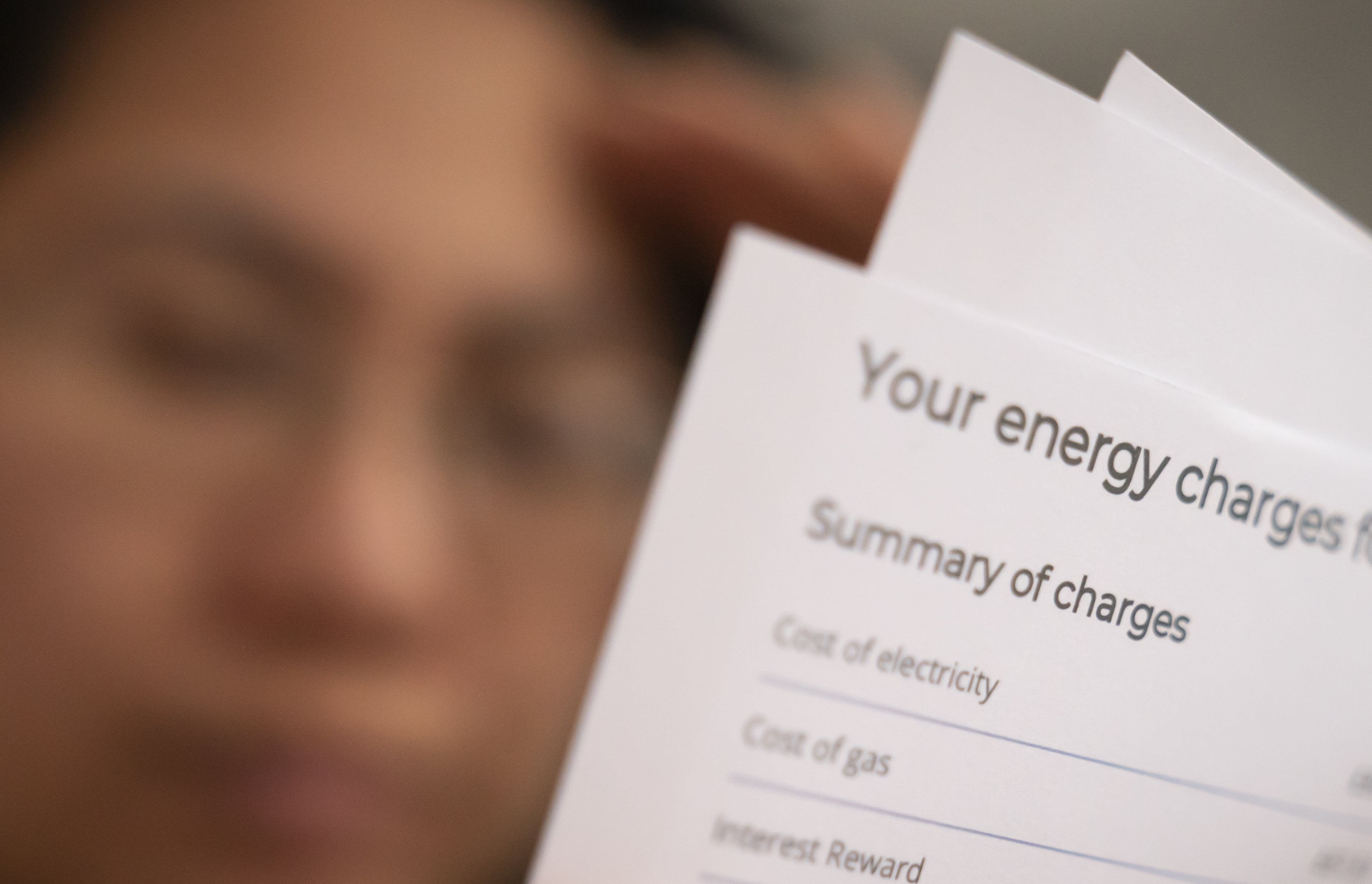Martin Lewis offers urgent advice before ‘horrendous’ energy bill hike in October
Energy bills are expected to increase by 65 per cent – six months after the first rise of 54 per cent

Your support helps us to tell the story
From reproductive rights to climate change to Big Tech, The Independent is on the ground when the story is developing. Whether it's investigating the financials of Elon Musk's pro-Trump PAC or producing our latest documentary, 'The A Word', which shines a light on the American women fighting for reproductive rights, we know how important it is to parse out the facts from the messaging.
At such a critical moment in US history, we need reporters on the ground. Your donation allows us to keep sending journalists to speak to both sides of the story.
The Independent is trusted by Americans across the entire political spectrum. And unlike many other quality news outlets, we choose not to lock Americans out of our reporting and analysis with paywalls. We believe quality journalism should be available to everyone, paid for by those who can afford it.
Your support makes all the difference.Money-saving guru Martin Lewis is advising households in the UK to start budgeting to help soften the blow of a “horrendous” jump in energy costs this autumn.
The energy price cap – currently at £1,971 a year for those on default tariffs paid by direct debit – is expected to rise in October, for a second time, by a whopping 65 per cent.
This means an energy bill now of £100 will increase to £165 in October.
The hike comes after the price cap had already risen by 54 per cent in April due to global supply issues caused by the Russian invasion of Ukraine, and inflation reaching a 40-year high.
In a few months’ time, the increase will see bills for “typical” energy use rise from £1,971 a year to about £3,240 – a figure based on wholesale prices from February to mid-August.
In a Q&A session on Facebook on Monday afternoon, Mr Lewis said families should “start budgeting now for the rise coming in October.”
The founder of the website MoneySavingExpert added: “If your direct debit goes up in advance, it’s actually not the worst thing because it will help spread the cost even though you might not like it.
“It is going to be horrendous.”

On his website, Mr Lewis said people should consider switching suppliers of other utilities, cutting out non-essential spending or switching to more frugal options to free up the extra cash to keep the lights and heating on through the colder months.
In May, the then chancellor Rishi Sunak announced that each household will receive a £400 grant – via credit energy suppliers will apply to their accounts split into instalments over a six-month period.
The grants are to replace previous plans for £200 energy rebates, which households had been told they would have to pay back over five years via their energy bills.
But, although the new £400 payment does not have to be paid back, Mr Lewis’ website says “that help will be more than swallowed up just by the £450 increase in the prediction of the Oct price cap since May.”
This month, people on means-tested benefits – such as universal credit and pension credit – have been set to receive the first half of a £650 “cost of living payment”. The other half is expected to be paid in autumn.
In September, people with disabilities will receive a £150 payment in addition to other payments they are eligible for.
People of state pension age are usually eligible for the Winter Fuel Payment scheme of between £100 and £300. But, from November, pensioners are to receive a one-off £300 “cost of living payment” in addition to other payments.
The government has said that the average payout for each household will be £550. People most in need can expect to receive up to £1,500 to help pay the sky-high costs of living.
The vast majority of households – about four in five – have already received a £150 council tax rebate to help pay their energy bills.
Early next year, a third rise in the energy price cap – which sets a limit on the rates a supplier can charge for each unit of gas and electricity used – is expected of about 4 per cent on top of the previous increases.




Join our commenting forum
Join thought-provoking conversations, follow other Independent readers and see their replies
Comments